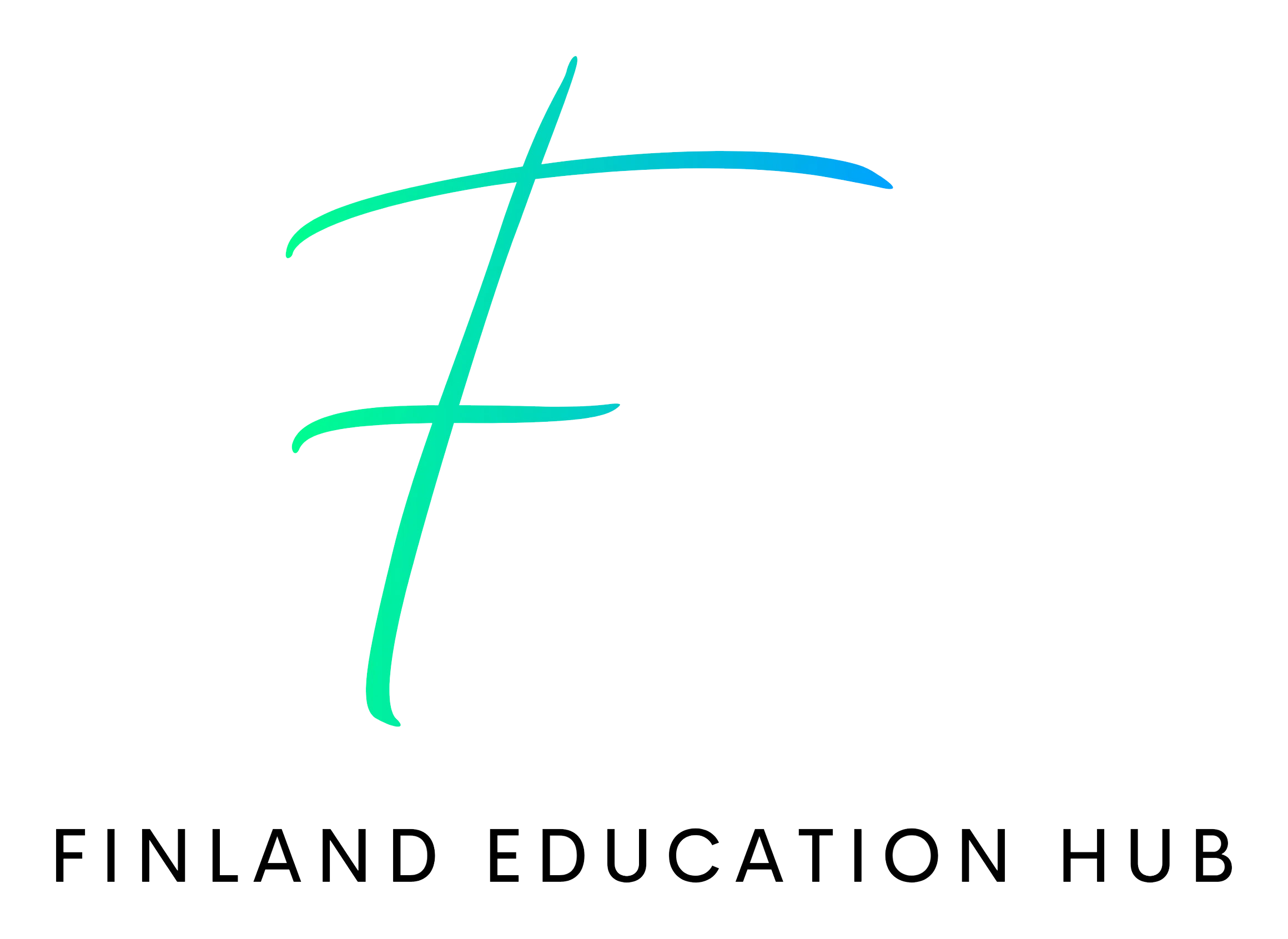The 10 Key Pillars of the Finnish Education System
The Finnish education system has long been admired and emulated by countries worldwide for its remarkable success in producing well-rounded and high-achieving students. With a focus on equity, excellence, and holistic development, Finland’s education model has consistently ranked at the top of international assessments. In this blog, we will delve into the ten key pillars that have contributed to the Finnish education system’s triumph and explore how it continues to redefine education standards.
Equity and Inclusion
At the heart of the Finnish education system lies its commitment to equity and inclusion. Finland believes that every child deserves access to a quality education, regardless of their socioeconomic background, special needs, or geographical location. To achieve this, the government has invested heavily in reducing disparities between schools, ensuring that all students receive equal opportunities to succeed.
Early Childhood Education
Finnish children embark on their educational journey at an early age, as the country prioritizes early childhood education. High-quality preschool programs are readily available, focusing on social, emotional, and cognitive development. These programs instill a love for learning and provide a strong foundation for future academic pursuits.
Teacher Professionalism and Autonomy
Finnish teachers are highly regarded professionals who undergo rigorous training. They are required to have a master’s degree in education and are carefully selected from the top-performing graduates. Once in the classroom, teachers are granted substantial autonomy to tailor their teaching methods and curricula to meet the individual needs of their students.
Teacher Collaboration and Trust
A unique aspect of the Finnish education system is the culture of trust and collaboration among teachers. Instead of standardized testing and performance-based evaluations, teachers are trusted to assess their students’ progress. They work collaboratively, sharing best practices and collectively driving improvements in the education system.
Play-Based Learning
In the early years of schooling, the focus is on play-based learning. Finnish educators recognize the value of play in promoting creativity, problem-solving skills, and social development. Play is integrated into the curriculum, and students are encouraged to learn through hands-on experiences and exploration.
Read More Play-Based Learning: Unlocking the Magic Behind Finland’s Early Education
Project-Based Approach
As students progress to higher grades, Finland employs a project-based approach to learning. Rather than simply memorizing facts, students engage in interdisciplinary projects that encourage critical thinking, problem-solving, and real-world application of knowledge. This approach fosters a deeper understanding of the subject matter.
Minimal Homework, Maximum Breaks
Contrary to the prevalent belief that more homework leads to better academic performance, Finnish students experience minimal homework. Instead, they are encouraged to spend their evenings engaged in extracurricular activities, hobbies, and spending quality time with family and friends. Regular breaks during the school day also ensure that students remain refreshed and attentive during lessons.
Emphasis on Well-being and Mental Health
The well-being and mental health of students are paramount in the Finnish education system. A strong emphasis is placed on nurturing the whole child, recognizing that emotional and mental well-being are essential for optimal learning outcomes. Schools offer counseling services, stress reduction programs, and initiatives to combat bullying.
Teacher-Student Relationship
Finnish educators prioritize building meaningful relationships with their students. They understand that a positive teacher-student rapport enhances learning and creates a conducive learning environment. This approach helps foster a love for learning and motivates students to achieve their full potential.
Continuous Improvement and Research-Driven
The Finnish education system is continuously evolving through research and data analysis. Education policies and practices are evidence-based, with a keen focus on what works best for students. Ongoing research and self-assessment ensure that the system remains dynamic and adaptable to the changing needs of students and society.
Conclusion
The Finnish education system’s success is not a mere coincidence but the result of a well-thought-out and holistic approach to learning. By prioritizing equity, teacher professionalism, play-based learning, and student well-being, Finland has demonstrated that an effective education system does not rely solely on traditional measures like standardized testing and intense competition. Instead, it values the unique qualities and potential of every child, fostering a love for learning and personal growth. As countries worldwide seek to improve their education systems, the Finnish model serves as an inspiring example of what can be achieved when education becomes a true catalyst for societal progress and individual empowerment. Are you passionate about transforming education system and prioritizing student well-being, equity, and personalized learning? Look no further than the Finland Education Hub, where you can discover the secrets behind Finland’s remarkable success in education.

